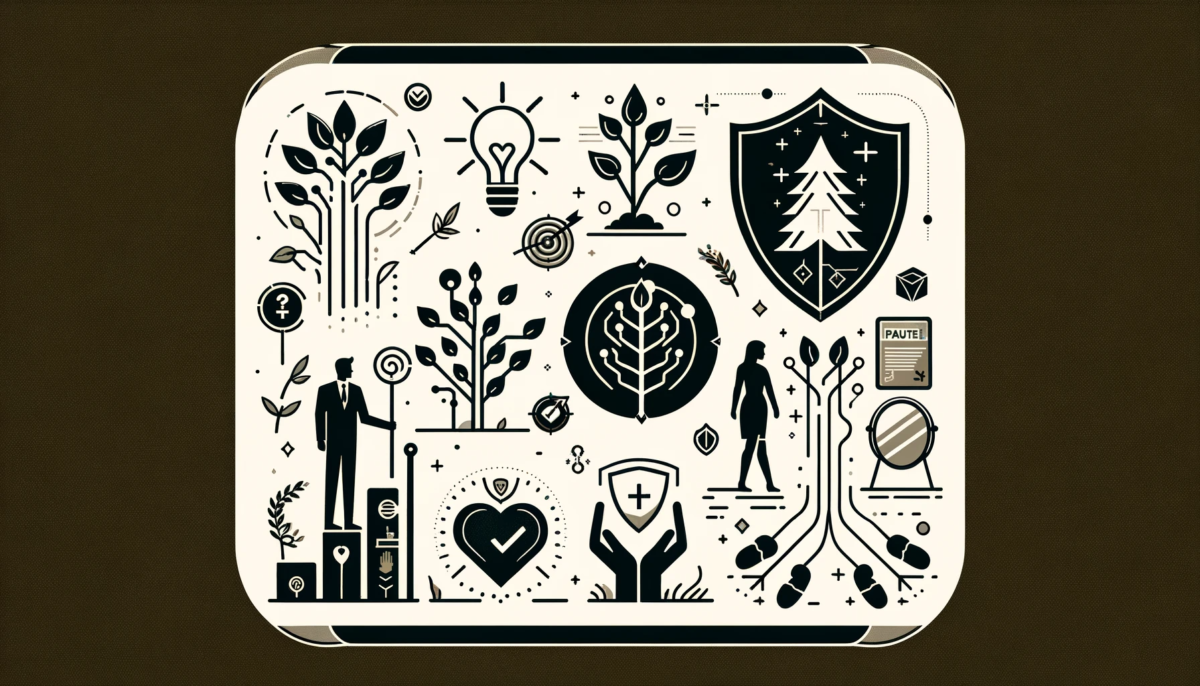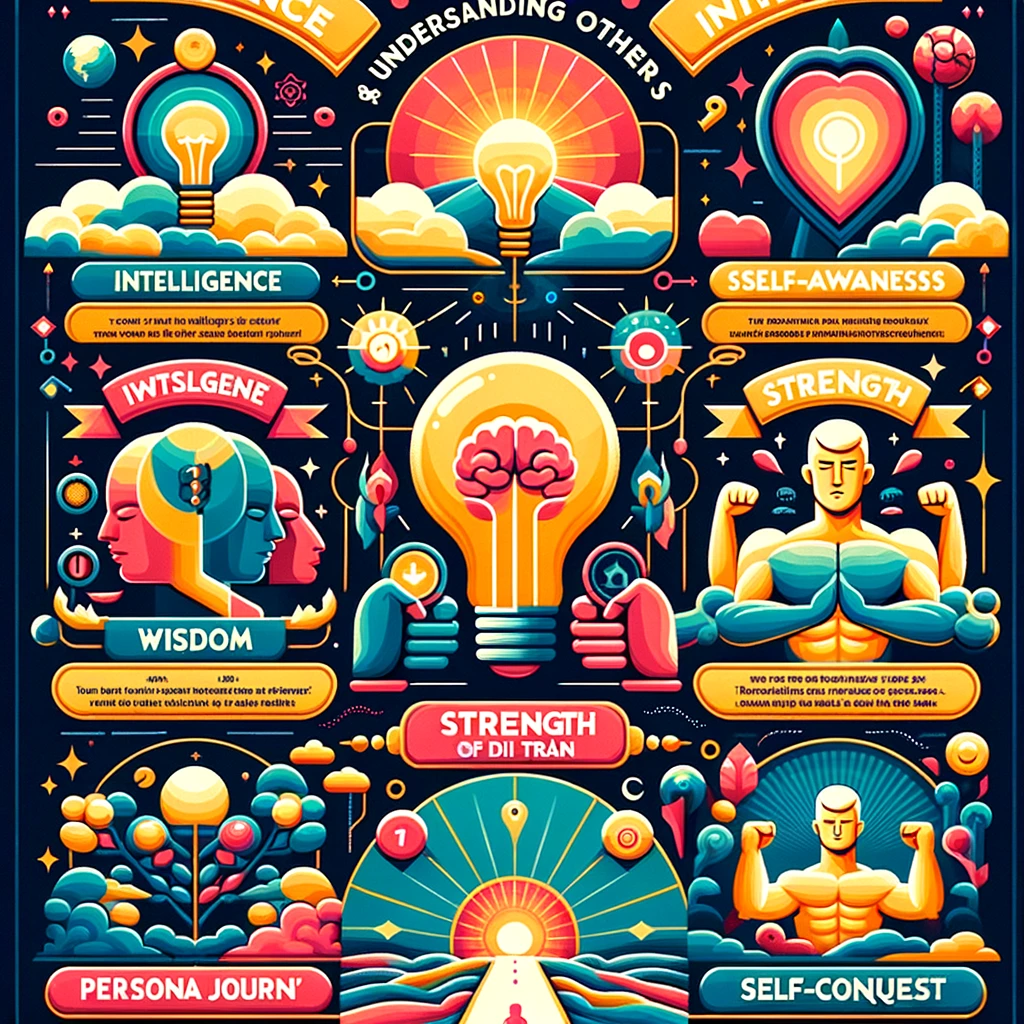In 2024, a new wave of self-reflection is sweeping across the globe, encapsulated in the probing questions: “Am I the light?” “Am I the answer?” “Am I helping?” These questions are not just fleeting thoughts but part of a deeper, ongoing introspection that individuals are engaging in daily. This trend represents a shift from external validation to internal assessment, highlighting the importance of personal growth and contribution to the world.
The phrase “Am I the light?” encourages individuals to consider their influence and presence in their communities. It’s a call to recognize and nurture the positive traits within oneself that can illuminate the paths of others. Being ‘the light’ doesn’t necessarily mean being perfect or always positive, but rather being authentic, supportive, and a source of comfort and inspiration to those around.
“Am I the answer?” goes a step further, prompting people to evaluate their actions in the context of larger societal issues. This question fosters a sense of responsibility and empowerment, urging individuals to contribute to solutions rather than merely observing or commenting on problems. It’s a reminder that every person has the potential to effect change, whether in their immediate surroundings or on a larger scale.
The third question, “Am I helping?”, is perhaps the most practical and immediate. It underscores the significance of daily actions and interactions. This inquiry is not just about grand gestures of aid but also about the small acts of kindness, understanding, and support that collectively create a positive impact. It’s about being an active participant in the well-being of others, whether through listening, offering a helping hand, or simply being present.
Together, these questions form a powerful framework for self-improvement and societal progress. By regularly engaging in this form of introspection, individuals can cultivate qualities like empathy, compassion, and action-oriented positivity. This, in turn, leads to a more conscious, connected society where actions are driven not just by personal gain but by a genuine desire to contribute to the greater good.
In 2024, this introspective approach is being seen as a path to personal fulfillment, social harmony, and a more compassionate world. People are realizing that change starts within, and by asking themselves these vital questions, they are laying the groundwork for a future marked by love, joy, and success. This trend is a testament to the power of self-reflection in catalyzing personal and collective growth, highlighting the undeniable link between individual well-being and the health of our societies.












